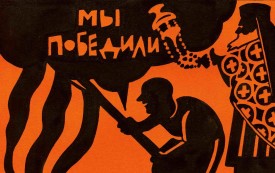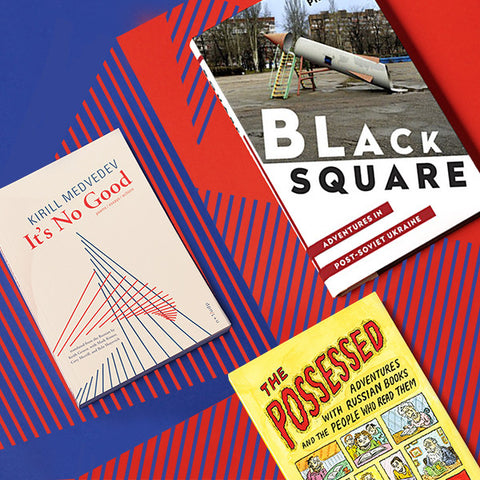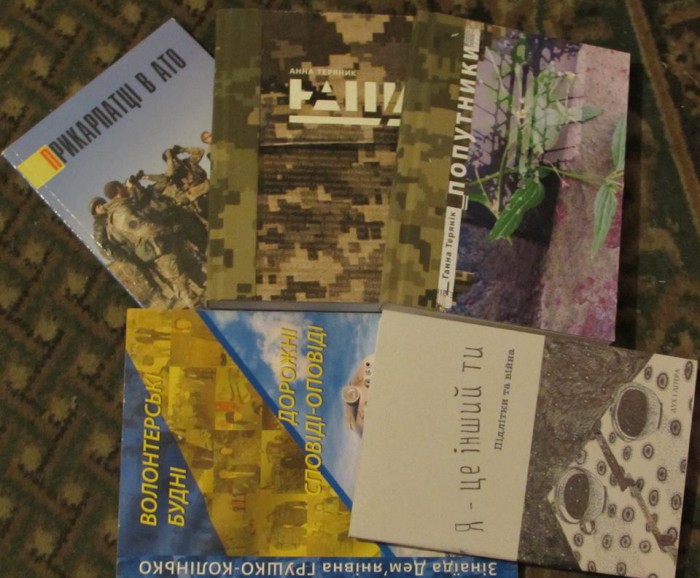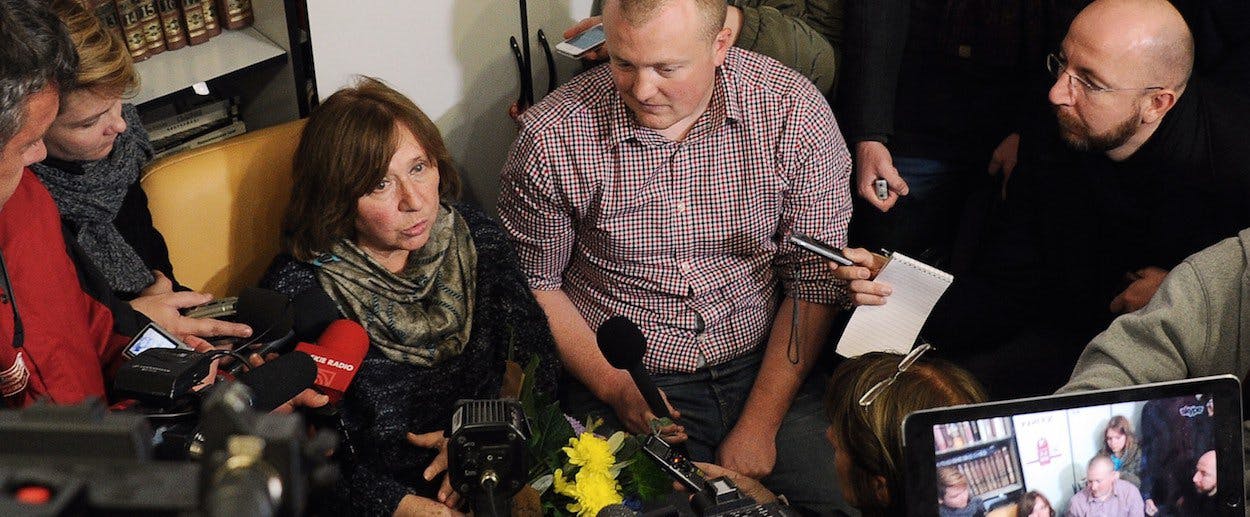

It sounds as though Walk Through Walls is an easy target-an advance version of the book inspired the hashtag #theracistispresent-but still, in Garner’s hands, even taking an obvious flop to task is a lesson in panache. Like Marina Abramovic, whose memoir receives blistering treatment in Garner’s latest. The only people, I imagine, who don’t like Dwight Garner’s reviews are the writers who get zinged in them.

And in this way Arabic itself gets represented as an untranslatable language, which has pretty much been its historical fate in English.” - Lorin Stein His main exhibit: the crummy (but literal) New York Times translations of Osama bin Laden’s famous eloquence: “The effect of the Times’ translations, which toggle between barely grammatical speech and weak imitations of rhetorical commonplaces, is to confirm the idea of bin Laden, and of Arabic speakers more generally, that many Times readers already had-that of a strange and potentially deranged exotic, whose speech shows no ability to connect one thought to another. On the other hand, it is exactly right.” In the current issue of Public Culture, our poetry editor, Robyn Creswell, makes a case for nonliteral translation. All translators spend a great deal of time fretting over their choice of words. “Richard Howard was once asked how he would translate the French word x-a recherché term intended to stump the Master-and responded, ‘I don’t translate words.’ On the one hand, this is clearly untrue. They almost never cried, probably because no one would have listened.” - Dan Piepenbring Neither could read-but what good was reading when you were hungry for dinner? The children reminded me of deer, slim and agile, with caramel limbs and sun-bleached hair. “I met a six-year-old who could make borscht her twelve-year-old brother could dive for mussels. Pinkham tries to cross the chasm between her life and theirs: “I had never been so acutely aware of my lack of the basic skills that have allowed people to keep themselves alive for millennia,” she writes. In an excerpt on the n+1 site, she hikes and camps on the Crimean cape of Meganom, where naked Moldovan hippies spend the summer playing panpipes and living off the land. Pinkham has a gift for portraiture even the people she meets in passing feel alive on the page. I’ve had a much richer (and largely more sober) experience with Sophie Pinkham’s Black Square: Adventures in Post-Soviet Ukraine, the best travel book I’ve read this year-it’s a funny, alert, and more vital account of life there than any you’ll find in the media. The closest I’ve come to visiting Ukraine is binging on late-night pierogies at Veselka, where I arrived so drunk you could’ve told me I was in Kiev.


By The Paris Review NovemThis Week’s Reading


 0 kommentar(er)
0 kommentar(er)
